March 1, 2024
They call it mellow yellow. Issue 19 of IN Magazine lands
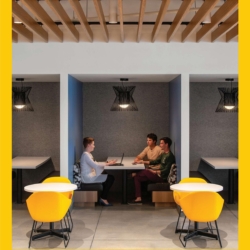 The new issue of IN Magazine has been published online today. In this issue: we ask why firms are so reluctant to change what they do; a dream of the past and future of work; Andy Lake talks about his new, visionary book; how AI might make cities worse; what inclusive design means; a panel of experts discuss what changing work practices mean for major business districts; why we must rethink how we light our streets and squares; how to strike the right balance when it comes to creating meetings in offices; and we take a grand tour through the Bucharest HQ of the world’s biggest travel group. (more…)
The new issue of IN Magazine has been published online today. In this issue: we ask why firms are so reluctant to change what they do; a dream of the past and future of work; Andy Lake talks about his new, visionary book; how AI might make cities worse; what inclusive design means; a panel of experts discuss what changing work practices mean for major business districts; why we must rethink how we light our streets and squares; how to strike the right balance when it comes to creating meetings in offices; and we take a grand tour through the Bucharest HQ of the world’s biggest travel group. (more…)





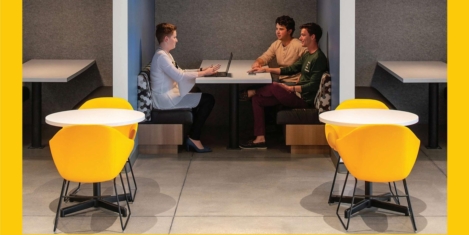




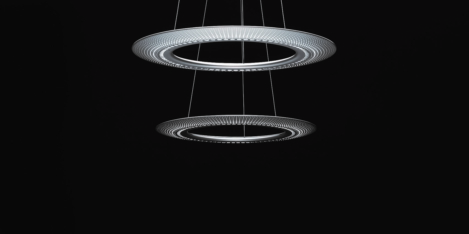
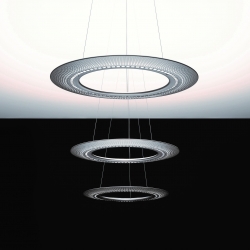
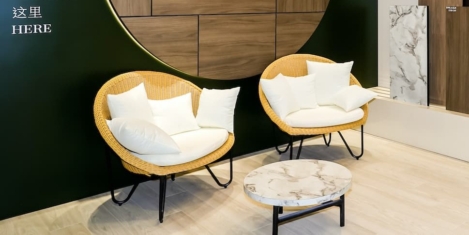
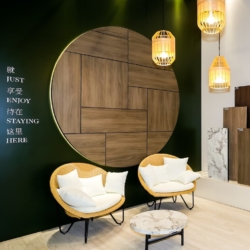










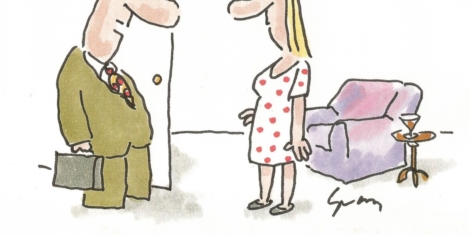
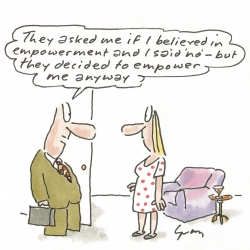








February 29, 2024
We can learn a lot about performance from elite sports
by John McLachlan • Comment, Workplace